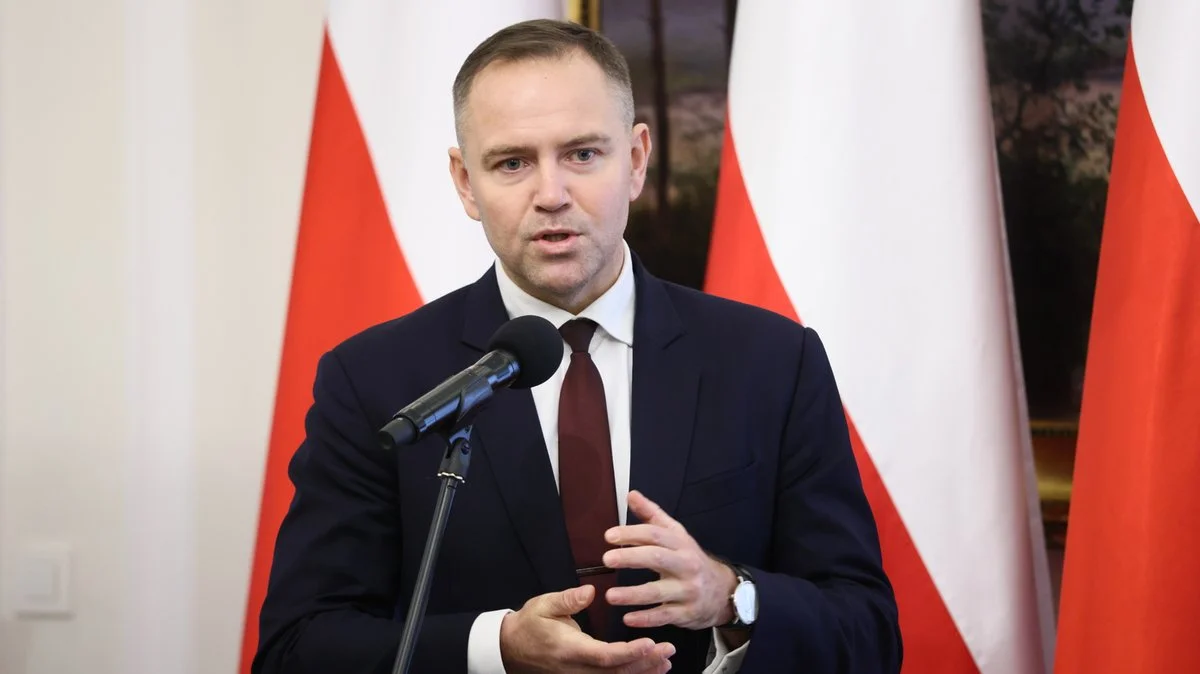(Evaluation) Poland’s presidential runoff on June 1, 2025, noticed Legislation and Justice (PiS) candidate Karol Nawrocki edge out pro-EU opponent Rafał Trzaskowski by 1.78 proportion factors (50.89%–49.11%), the slimmest margin in trendy Polish historical past.
The outcome entrenches a divided mandate, with Nawrocki vowing to “defend Poland’s sovereignty towards exterior pressures” whereas Prime Minister Donald Tusk’s authorities struggles to advance judicial reforms required to unlock €100 billion in frozen EU funds.
Institutional Standoff Intensifies
Nawrocki’s pledge to veto judicial overhauls—a situation for EU restoration funds—leaves important initiatives in renewable power and rail infrastructure in limbo.
European Fee President Ursula von der Leyen reiterated, “We urge the brand new Polish management to uphold the rule of legislation and work constructively inside the EU framework to make sure safety and prosperity.”
With out a parliamentary supermajority to override vetoes, Tusk’s plan to reverse PiS-era courtroom politicization faces paralysis till no less than 2027.


Realignment in Japanese Europe
Nawrocki’s skepticism of Ukraine’s NATO accession marks a departure from Poland’s position as Kyiv’s staunchest ally, elevating issues in Brussels about weakening Japanese flank unity.
His alignment with Hungarian Prime Minister Viktor Orbán, who praised the win as “a triumph for nationwide sovereignty,” strengthens an intolerant bloc opposing EU initiatives just like the European Public Prosecutor’s Workplace.
Not like Hungary, nevertheless, Poland’s opposition retains important legislative affect, complicating Orbán’s efforts to consolidate regional dissent.
Financial Crossroads
The protracted freeze on EU funds delays Poland’s adoption of single-market requirements, instantly impacting export-reliant sectors like automotive manufacturing (23% of GDP).
Nawrocki’s proposed tax exemptions for households, whereas standard domestically, conflict with EU fiscal guidelines that restrict deficit spending.
“Poland’s future lies in robust cooperation with the EU,” Tusk countered, emphasizing reforms to modernize the financial system. Analysts warn of capital flight to neighboring Czechia if regulatory uncertainty persists.
Youth and the Nationalist Surge
Exit polls reveal 58% of voters underneath 30 backed Nawrocki or patriotic candidates Sławomir Mentzen and Grzegorz Braun, who collectively secured 21% within the first spherical.
Sociologists attribute this shift to disillusionment with wage stagnation and cultural anxieties over Ukrainian refugees, who now comprise 4% of Poland’s inhabitants.
“Younger Poles see the EU as a supply of constraints, not alternatives,” famous a Warsaw-based suppose tank.
Broader Implications for EU Governance
The election undermines Brussels’ technique to curb democratic backsliding after Hungary’s erosion of judicial independence.
Whereas the EU may theoretically invoke Article 7—a mechanism to droop voting rights—towards Poland, diplomatic sources deem this unlikely as a result of Germany’s reluctance to escalate.
As a substitute, Brussels might tighten conditionality for cohesion funds, affecting newer member states.
“This marks a important juncture for EU cohesion,” warned a European Council on International Relations analyst.
“Poland’s trajectory may embolden Eurosceptics in Romania and Slovakia, additional fragmenting policymaking.”
Frozen Funds, Fractured Alliances: Poland’s Election Exposes Limits of EU Leverage in Japanese Europe